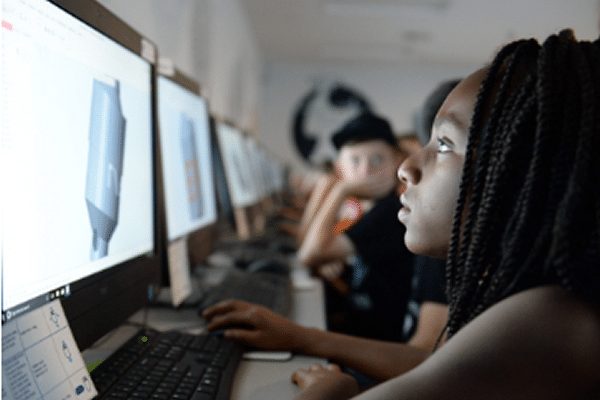- The skills listed by the WEF at the time, that they noted would be required in future, it is almost uncanny how prescient their predictions were considering the events of the past year, because those skills were the ones that enabled resilience in institutions and students, and empowered them to carry on under the most challenging of circumstances in 2020.
- include thinking, research, communication, social and self-management Skills. Each of these key areas have also been broken down into specific focus areas and age appropriate outcomes.
- It is essential that all institutions and schools start developing specific training programmes to support teachers in acquiring a critical awareness of the essential role education can play in the unpacking and development of these fundamental global skills
For more than five years, the World Economic Forum has impressed upon the world of education the importance of developing 21st Century Skills – those competencies that will ensure future employability. Following developments in recent months after the global COVID-19 pandemic hit, it is now clear that schools must – if they have not done so before – urgently address the incorporation of these skills into their curricula, education experts say.
“In 2015, The World Economic Forum (WEF) revealed the results of a study into the Future of Jobs, which considered the employment, skills and workforce strategies of the future. They canvassed chief HR and strategy officials from the world’s top companies, across industries and geographies, to determine what they will require of future recruits,” says Jenny Coetzee, Managing Director at Crawford International School, a brand of Africa’s leading private education provider, ADvTECH.
At the time the WEF compiled a summary list of the top ten identified for both 2015 and 2020 (see infographic below) and shared their findings of what needed to be taught. While some countries and educational institutions subsequently made significant strides in implementing programmes to empower their young people in this regard, others are lagging behind even five years down the line, Coetzee notes.
“If you look at the skills listed by the WEF at the time, that they noted would be required in future, it is almost uncanny how prescient their predictions were considering the events of the past year, because those skills were the ones that enabled resilience in institutions and students, and empowered them to carry on under the most challenging of circumstances in 2020,” she says.
“So as we get ready to enter a hopefully less challenging 2021 it is clear that even those educational institutions that previously considered these competencies supplementary to their core offering, should take steps to start incorporating the development of these Global Competencies in their students, to ensure they are ready to face the future and particularly the future of work.”
These skills have in recent years been rolled out across ADvTECH’s 109 schools across Africa, packaged into five broad categories. They include thinking, research, communication, social and self-management Skills. Each of these key areas have also been broken down into specific focus areas and age appropriate outcomes. These are continually revisited from when students start school, until the day they leave, thereby progressively developing students’ abilities and enabling them throughout their educational journey.
Angelica Ouya, Education Director at ADvTECH’s Makini Group of Schools www.makinischool.ac.k, says core skills are trans disciplinary skills that should be incorporated as part of all learning experiences.
“In other words, whatever content, or concept is being explored in class, educators must find opportunities to incorporate these skills at all times, by encouraging different types of thinking, various forms of research, providing opportunities for collaborative tasks, developing different ways to communicate understanding, as well as nurture the ability of students to develop their self-management skills”.
“Clearly, those students who had been developing these skills before, would have been better placed to continue on their educational journey during these unprecedented times”, she says.
“It is therefore essential that all institutions and schools start developing specific training programmes to support teachers in acquiring a critical awareness of the essential role education can play in the unpacking and development of these fundamental global skills”.
“Facing unprecedented challenges and opportunities, and a rapidly changing world and uncertain workplace of the future, educators must now address these required capacities to ensure students are able to navigate what lies ahead. These Global Competencies, as represented in the infographic released as a predication about 2020 by the WEF 5 years ago, have now been shown unequivocally to be skills employees of the future will need to become employable and competitive,” concluded Angelica Ouya.

